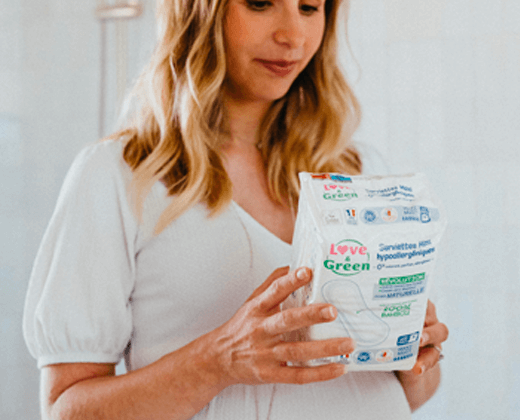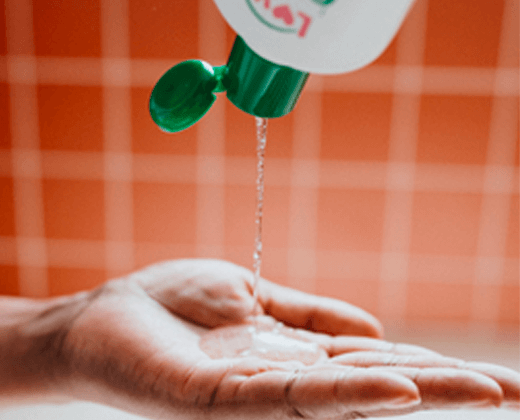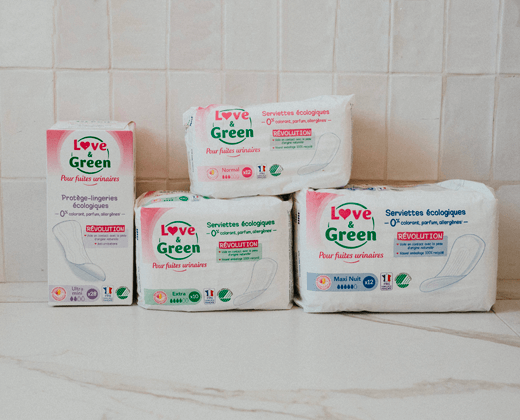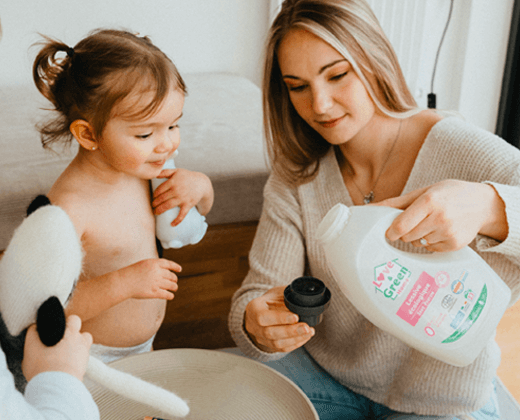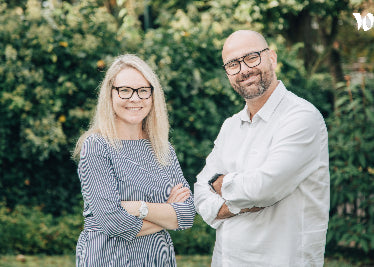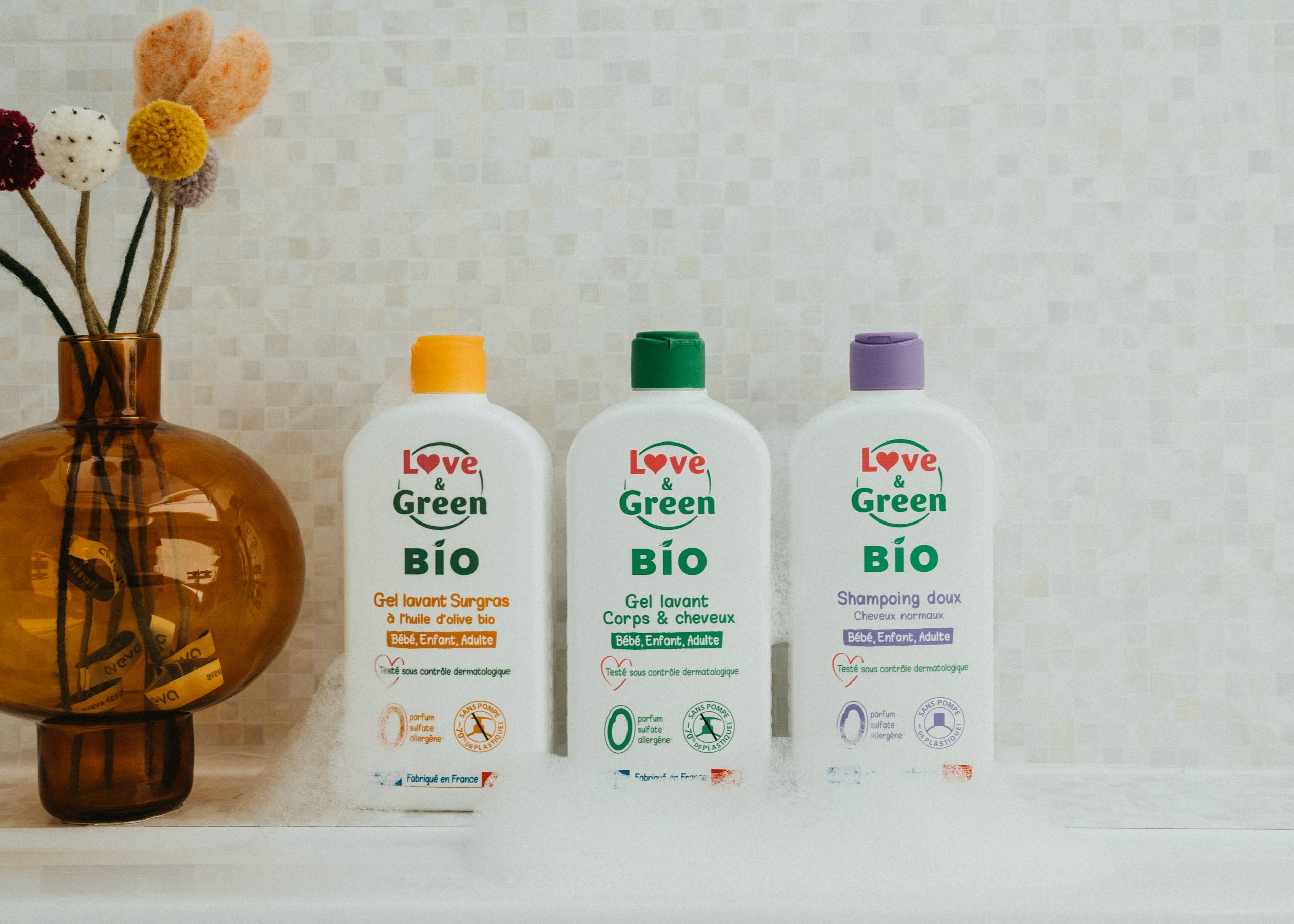Dr Brigitte Pfister is an endocrinologist at the Clinique de l'Étoile in Aix-en-Provence. A specialist in Medically Assisted Reproduction (PMA), she has just graduated in health and environment.
Hello Doctor, how long does it normally take to get pregnant?
A woman normally has a one in four chance of becoming pregnant. When everything goes well, we can therefore expect to have a little baby after a year maximum.
And if after this time, there is still nothing? Should we be worried?
There's no need to worry...but it's better to go and get a consultation. Be careful, if you know from the start of the baby project that you have a problem x or y, that you are over 33, if you are particularly anxious, in these cases, it is preferable to consult immediately . We then check that everything is working well, that there are no problems with the ovaries, spermogram or tubes. In most cases, this reassures and puts you in optimal conditions to conceive!
In what situation do we speak of infertility?
One is considered infertile when one has been trying to conceive for more than a year and there is no result. For these couples, we often identify anomalies at different levels: sperm, tubes or ovulation.
But, can these problems be treated? Infertility is not sterility?
Obviously ! We hate the word “sterility”. We prefer to talk about infertility. This allows us to stay positive. Moreover, in the vast majority of cases of infertility, our patients ultimately leave with their little baby!
In recent years, have you noticed an increase in cases of consultation for infertility?
Yes, consultations for infertility are increasing. We have more and more requests for PMA. Currently, I believe that around 3% of children born in France are conceived thanks to medicine. That's a significant number.
Can we make the link between these cases of infertility and the endocrine disruptors hidden in our environment?
I am convinced there is a link. Studies have been carried out on large cohorts of patients and tend to demonstrate this. We also discovered anomalies in the fauna. For example, among the seagulls that were near Lake Ontario, we noticed that they were becoming feminized. Fish too. So in wildlife, we know that there is feminization. In humans, we know that today there is a reduction in sperm and premature ovarian aging. These phenomena can be linked to endocrine disruptors. All this is of course relative, but we have managed to show that endocrine disruptors have a role in infertility. Before conceiving, it is important to think about having a pre-conception consultation to try to eliminate all these disruptors!
What is a pre-conception consultation?
It is a consultation during which young women, before conceiving, learn how to eliminate as many hormonal disruptors as possible. We inform them about good practices in the kitchen, in the bathroom, etc.
Interview conducted by Zou! Communication on November 2, 2019









